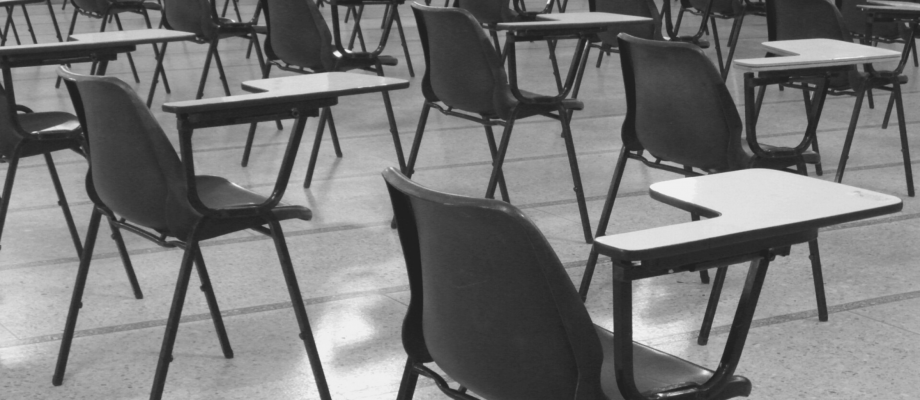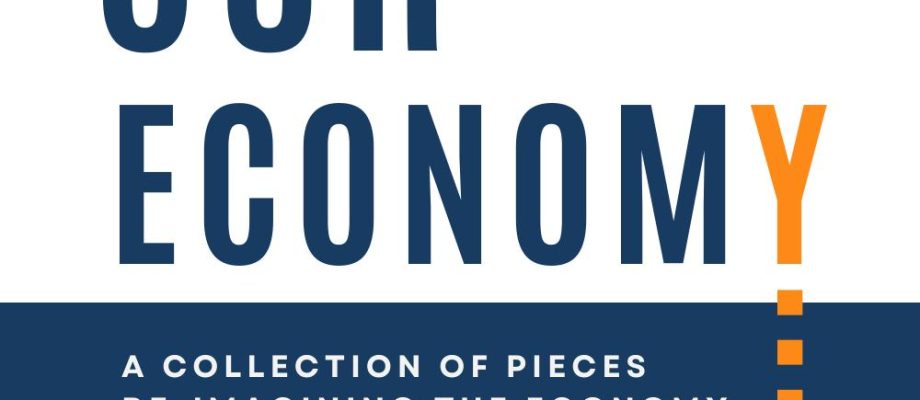By Tom Perrett
This year’s A-Level results saw dramatic changes to the ways in which results were determined in light of the absence of exams, with an algorithm being introduced to calculate results on the basis of the prior attainment of the student, and the historic record of the school. This has led to more than a third (35.6%) of grades being downgraded, as higher achieving students from traditionally under-performing schools were likely to have their results diminished through no fault of their own.
Fears have been expressed that the grade deflation involved in the algorithm could disproportionately affect students from disadvantaged and ethnic minority backgrounds, as according to former headteacher and equity activist Pran Patel, their teacher assessments may be lower than that of white students, owing to a variety of factors including unconscious bias. He referenced a 2009 study into KS2 English results, which found that Pakistani pupils were 62.9% more likely than white pupils to be predicted a lower grade than the one they achieved. In Scotland, students from poorer backgrounds were twice as likely to have their results downgraded as students from richer areas. Kate Clanchy, a teacher, told the Church Times that a “top English student” who had achieved an A at AS Level had seen her A level grade reduced from an A* to a C, because she attended a disadvantaged school. Comments such as those made by Education Secretary Gavin Williamson, who stated that, “the danger is that pupils will be overpromoted to jobs beyond their competence”, only aggravate an already volatile situation, assuming that those from poorer and disadvantaged backgrounds are less deserving.
The publishing industry, already plagued with a reputation for being unrepresentative of the public at large and riddled with nepotism and elitism, will likely fail to improve these disparities as a result of this. ONS figures show that 47% of British authors and writers had parents who came from professional, middle class backgrounds, compared with just 10% who had parents working in manual labour. In April 2020, the Royal Statistical Society (RSS) wrote a letter to Ofqual, voicing concerns that the grades of students who were perceived as low achievers would be subject to greater uncertainty, exacerbated by systemic bias, furthering inequalities that already exist. The RSS argued that this problem could have been avoided, however, had Ofqual’s model incorporated more accurate and sophisticated estimates of certainty. Statistical models replicate historic patterns of economic and racial inequities as if they were simply patterns of data that reflected reality, providing no means of contextualising or evaluating them, and in so doing giving them a false air of objectivity.
With access to careers such as publishing in such a dire condition, the Arkbound Foundation has launched an essay competition for young people between the ages of 16 and 21, running from July 16 until September 16. It offers an opportunity, at a low entry price, for students to have their work published on Arkbound’s academic blog, enabling young people who may not ordinarily have been able to get involved with the publishing industry, to get their names noticed. Such opportunities are vital at a time of widening class-based inequality and the educational impacts of COVID-19 also becoming ever more apparent.
The incompetence of the Government in ameliorating the “burning injustices” that it once sought to target have been brought to light during this scandal, and as ever, it is the worst off in society who will bear the brunt of having been awarded low grades due to factors that they could not control in most cases. This will only entrench the same disparities in many sectors that already existed, in a country in which the 7% of privately educated people already dominate the overwhelming majority of the highest echelons of society. While some steps have been made to fix this, it is clear where the sympathies of the Government lie, and that diversity in publishing, as in many other professions, has taken a significant blow.
Bibliography:
Davies, D. (2020). ‘This year’s A-level results are a fiasco – but the system was already broken’, The Guardian, 15 August. Available at: https://www.theguardian.com/commentisfree/2020/aug/15/a-level-results-system-ofqual-england-exam-marking [Accessed: 25 August 2020].
Gov.uk (2020). Press release: Further details on exams and grades announced [online]. Available at: https://www.gov.uk/government/news/further-details-on-exams-and-grades-announced [Accessed: 25 August 2020].
Katwala, A. (2020). ‘Results day is a diversity disaster. Here’s all the proof you need’, Wired, 13 August. Available at: https://www.wired.co.uk/article/results-day-exams-bias [Accessed: 25 August 2020].
Zimmerman, A. (2020). ‘The A-level results injustice shows why algorithms are never neutral’, NewStatesman, 14 August. Available at: https://www.newstatesman.com/politics/education/2020/08/level-results-injustice-shows-why-algorithms-are-never-neutral [Accessed: 25 August 2020].








